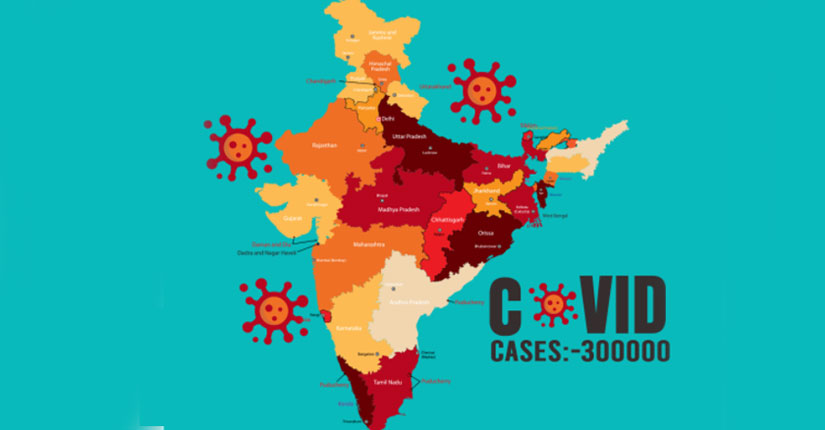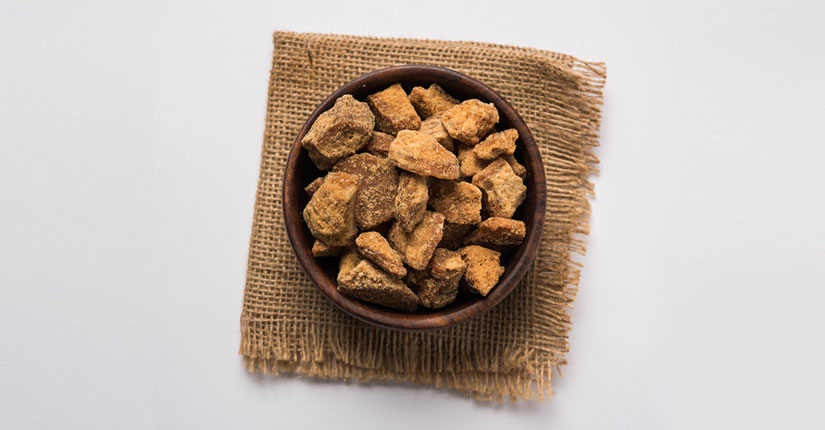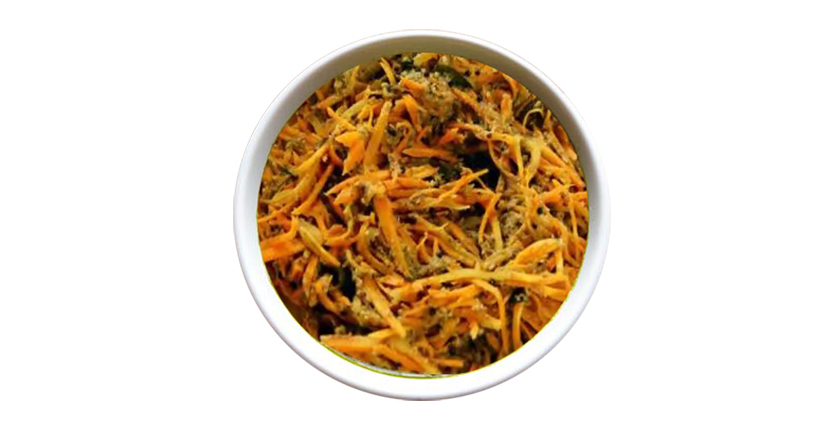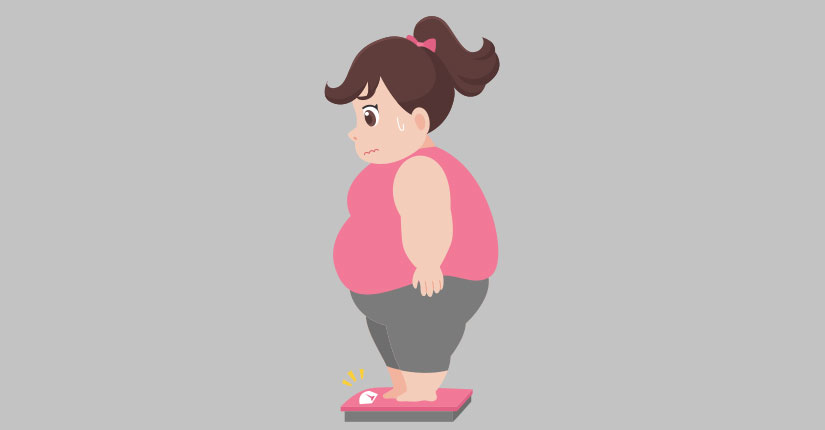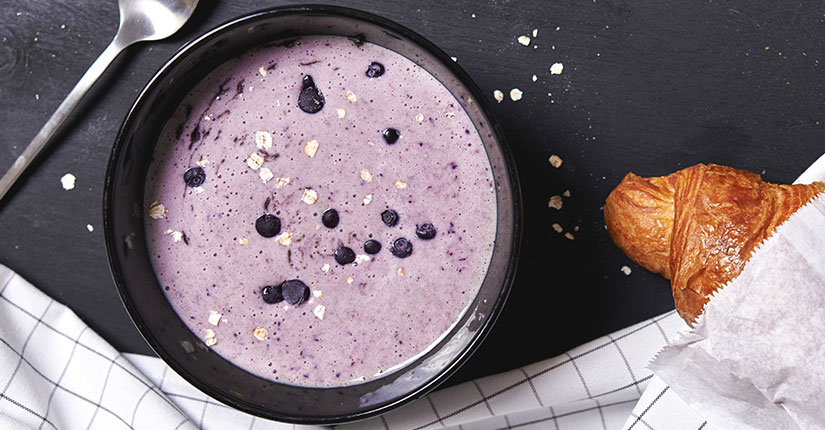Do’s and Dont’s of Stocking Organic Food
By Nmami Life Editorial 29-Jul 2021 Reading Time: 7 Mins
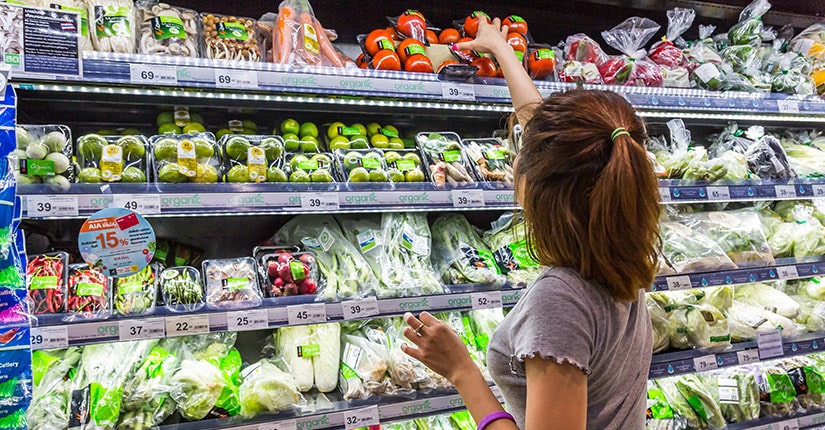
When you give a thought to eating healthy what is the first thing that pops up to the mind? Probably, it is related to choosing plenty of fruits, vegetables, whole grains, and protein. But as you wander through the aisles of the market, there is another thought that originates in the mind that we should also make another choice and can also buy organic foods for better health without having any harmful effect on the body.
Various researches have said that organic food is safer and more nutritious to consume. It not only gives proper nutrients to the body but also tastes better than non-organic food. Not abiding by this, producing organic food is considered safe for the environment and generous to animals.
Even though organic food costs a little more sometimes, the advantages it gives are amazing and people are transferring steadily to organic food items from processed or non-organic ones.
Is Organic Food Safer?
Organic foods are really safe and harmless to consume even if the organic products are pesticide free and getting pesticide residues are much less with organic food. Man-made pesticides are one of the great threats to food safety. And yet, they always question the production of natural toxins produced by the plants and therefore organic foods are free from such tactics and may actually offer the advantage. Because organic production steers clear of various harmful pesticides, organic crops usually emanate with proper safety and decrease the risk of contamination by dangerous microbes.
Is Organic Food More Nutritious?
Various studies have reported that organic foods are packed with high levels of Vitamin C, various minerals and antioxidants. The nutrients density it provides not only helps in protecting the body against ageing, cardiovascular disease, and cancer but also is responsible for providing overall nutrition.
Organic foods are freshly produced and after reading all the benefits of this fresh farm production if you too think of going in the lane of choosing organic foods then we have brought you some do’s and don’ts that will assist you in cherry-picking the best organic produce. So, let’s get started.
- Do look for USDA certified organic products: There are a lot of packages and foods available in the market that claim to be organic but the only foods that are assured to be organic are labelled under USDA Certified Organic. Foods with this label have met a regulated set of criteria and are proved as safe and organic. Never forget to look out for this label while filling your bucket with organic produce. Identify organic produce by looking out for a 5-digit PLU number that begins with a 9.
- Do check the nutrition content: Always assuming that organic is good for you is not the right thing. There can be certain organic food items which might not suit you or will make you suffer from various health issues. Do always check the nutrition facts before purchasing any organic food item knowing the calorie value of the food you are about to consume is a good way to protect yourself from unnecessary issues.
- Do learn to store organic food properly: One of the best things that make organic food different from others is that it is not made of preservatives. Organic produce does have a shorter shelf-life but if it is stored properly it can give you proper advantages with longer life.
- Don’t be fooled by misleading labels: The key point for organic shopping includes understanding the labels found on the food. Food manufacturers are becoming progressively savvy and they understand every know-how to sell the products. Beware of foods labelled as ‘natural’ or ‘organic’. There can be a possibility that these foods only have one or two natural or organic ingredients.
- Don’t choose organic over local produce: Local produce is not always organic but it can still offer you great benefits and come without even costing you a fortune. Take care of what you want and if possible choose local produce over the organic food items. Search for the small and local growers around you because they use fewer pesticides than those who grow on a larger scale.
Footnote
Do make notes on the above-written pointers and abide by them before going organic. Share with your friends and family to make them aware!



